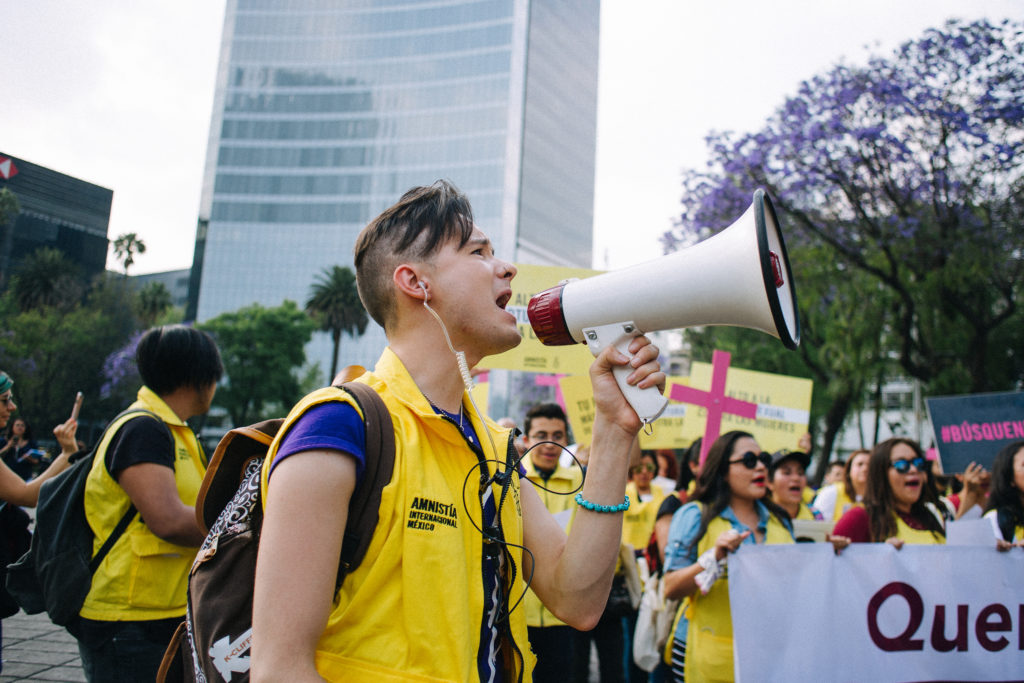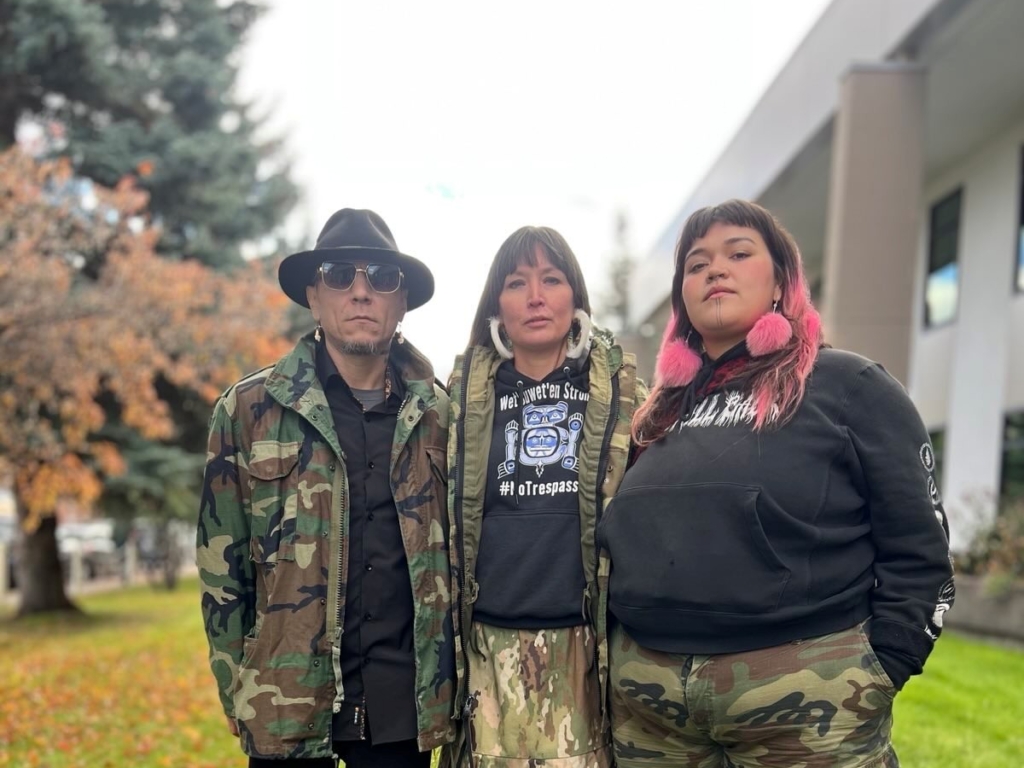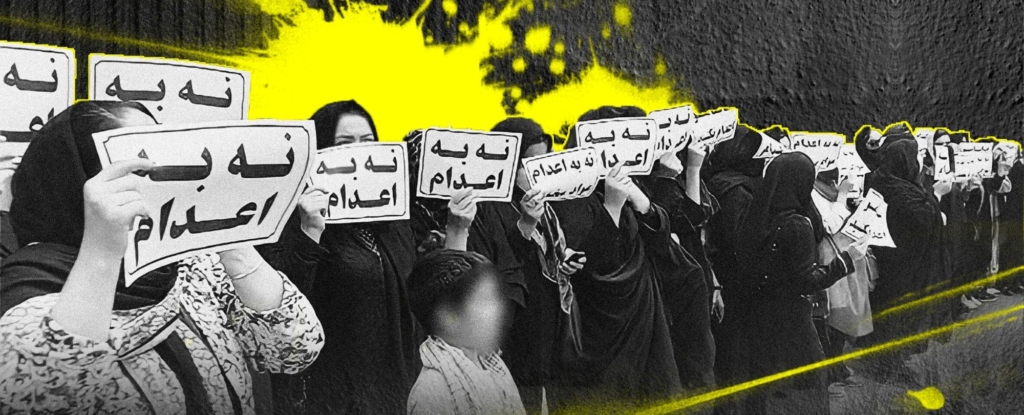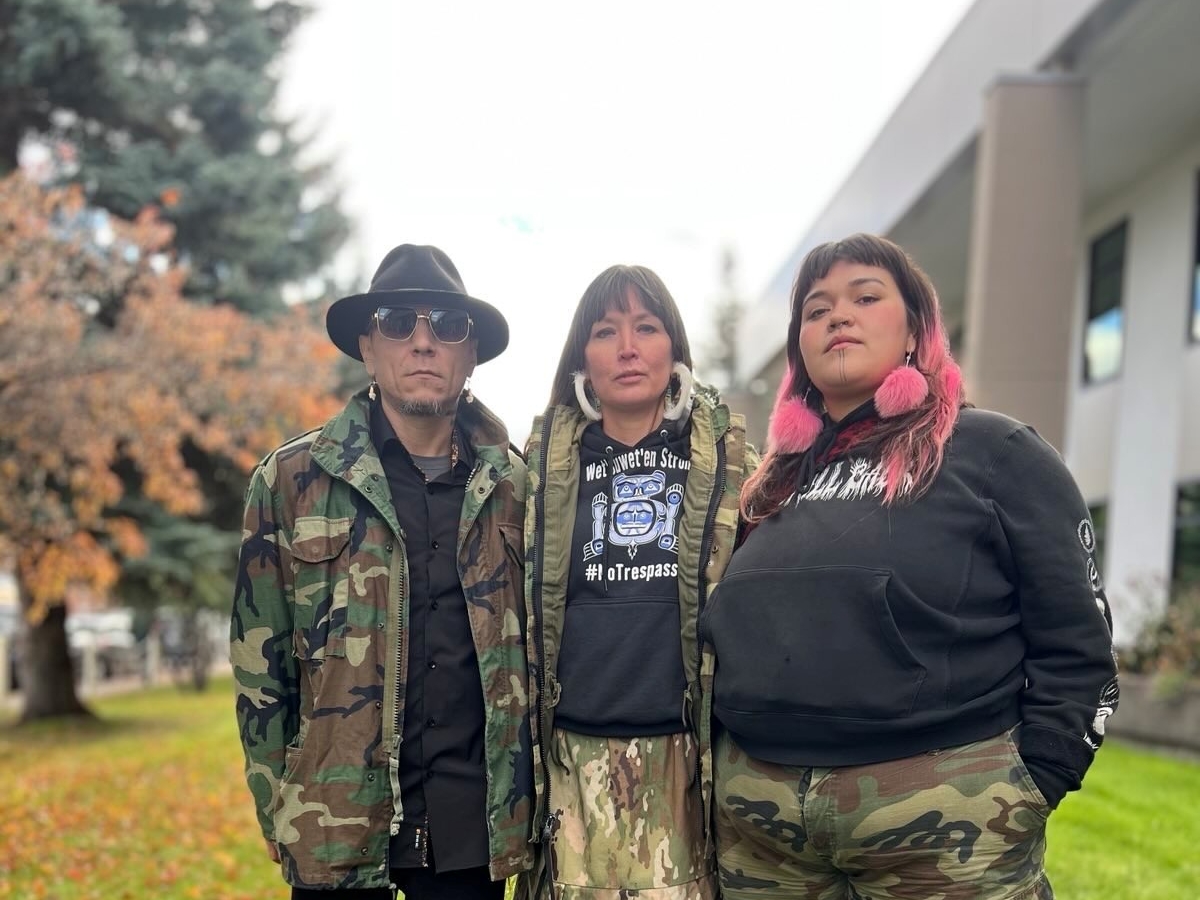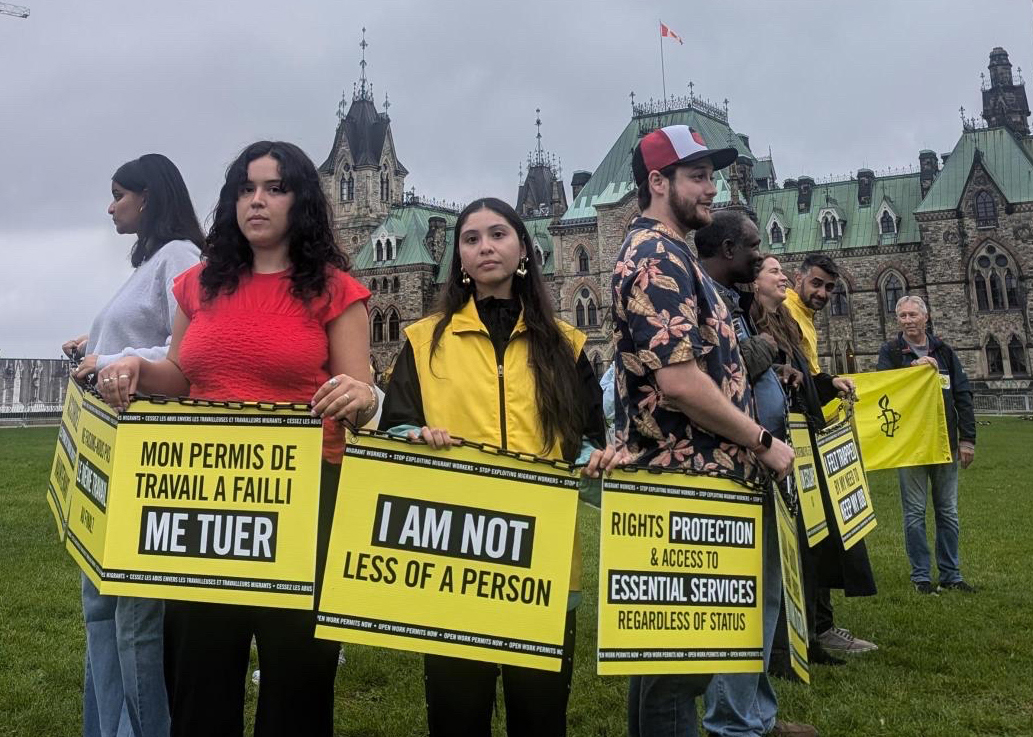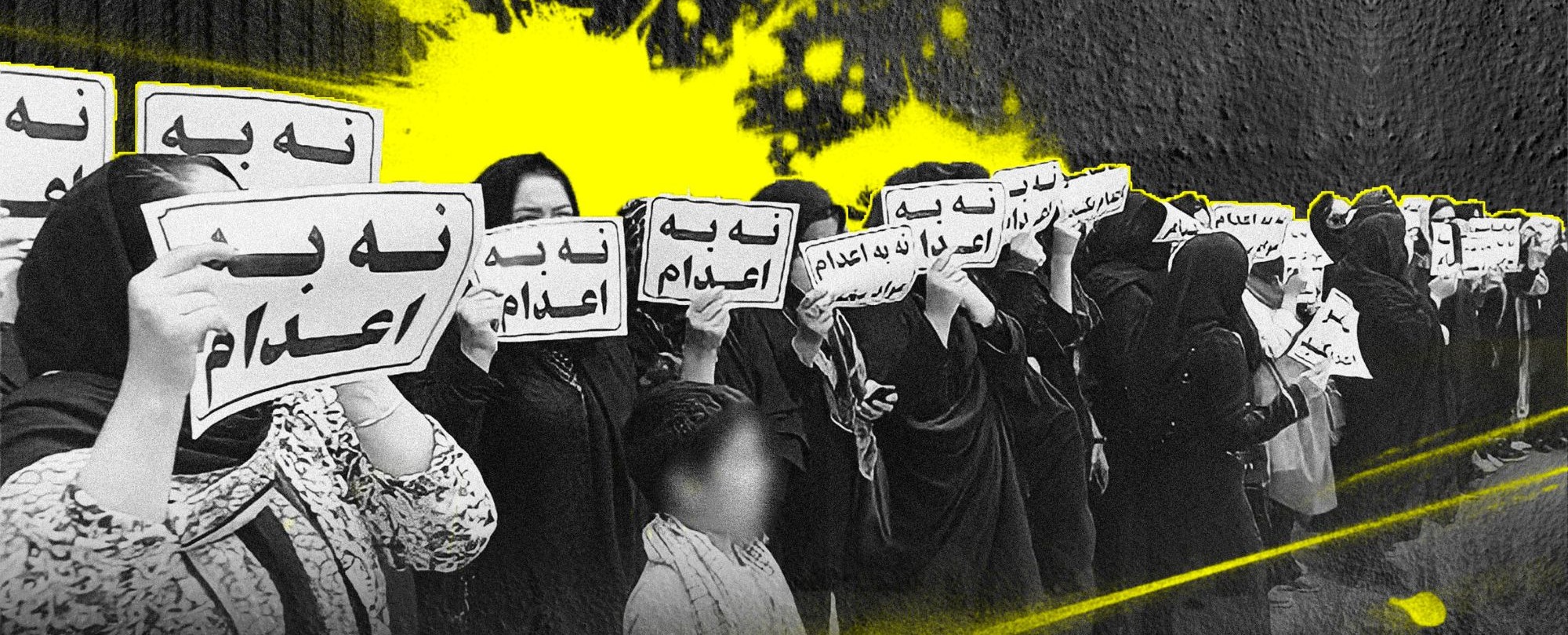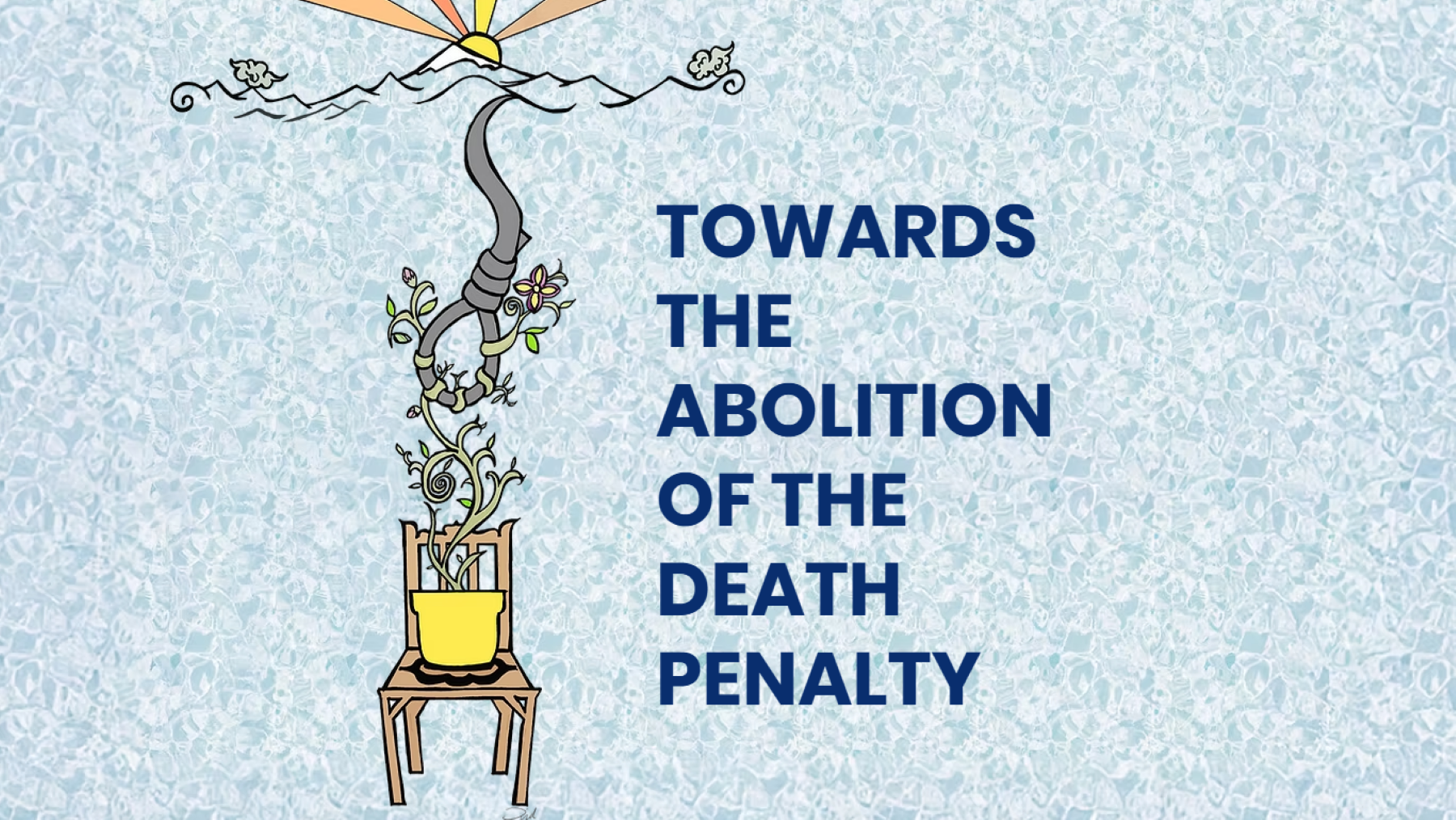UPDATE May 7, 2015: After a temporary stay while an Alberta court ruled on the government’s unsuccessful attempt to seek an injunction, Omar Khadr was released today on strict bail conditions including electronic monitoring and a curfew. Omar Khadr spent over 12 years in prison following his capture by US forces in 2002, mostly in the notorious Guantanamo Bay facility. He was transferred to Canada in 2012. You can send a message to Omar here.
By Alex Neve, Secretary General, Amnesty International Canada. Follow Alex on Twitter @AlexNeveAmnesty
It is easy to lose sight of the number of Canadian judges that have, over the past decade, ruled in favour of Omar Khadr. It has truly become staggering and includes justices of the Supreme Court of Canada (not once, but twice), the Federal Court of Appeal and Federal Court numerous times, and the Alberta Court of Appeal.
That said, today’s ruling from the Court of Queen’s Bench of Alberta is undeniably among the most consequential. For the first time a judge has ruled squarely on a fundamental right that has been denied Omar Khadr for close to thirteen years, his right to liberty.
Madam Justice Ross reminds us that “when an applicant’s liberty is at stake, as in this case, the right to seek bail pending appeal is guaranteed under section 7 of the Charter.” She goes on to find that the evidence before her points to there being a strong prospect of success in the appeal Omar Khadr has launched in the United States, seeking to overturn his conviction by the deeply unfair Military Commission process at Guantánamo Bay.
She also notes that all of the evidence before her points to Omar Khadr being ‘entirely cooperative’, a ‘model prisoner’ with ‘strong community support’ and a ‘low risk to public safety’. She highlights, in fact, that the government did not challenge any of that evidence.
This ruling gets at the heart of the myriad human rights concerns in Omar Khadr’s case. From 2002 to 2012, held first in Afghanistan and then Guantánamo Bay, Omar Khadr’s rights as a child soldier and juvenile prisoner were ignored and concerns about torture and ill-treatment were disregarded. He was held for several years without charge and without access to counsel. He was ultimately tried through proceedings that fell far short of international fair trial requirements. (I saw that first hand in three visits to Guantánamo Bay to observe those hearings.) At the end of the day he pleaded guilty and accepted an eight year prison sentence, which he now indicates he felt to be his only way out.
His appeal in the United States (which will still take some time, perhaps several years, to be heard), considered to have a very strong chance of success based on rulings in similar cases, is his effort to rectify and reverse all of that injustice. This bail decision rightly concludes that it is fair and lawful that he be given his freedom (subject to conditions yet to be determined) while that is resolved.
It is disappointing, though not surprising, that the Canadian government immediately announced it would appeal. That has been the government’s strategy at all stages in Omar Khadr’s case, regardless of whether there are credible legal grounds for doing so. The fact that the appeal announcement came so quickly after the release of a complex, detailed judgement – grounded in both international and national law – was released, points to this being all about politics, not law. That was brought home in Public Safety Minister Blaney’s flourish and excess in a public statement highlighting that the appeal reflects the government’s continuing “work to combat the international jihadi movement, which has declared war on Canada and her allies.”
For the government Omar Khadr’s case has always been about rhetoric, not rights; and about politics, not justice. Once again, though, a judge has ruled for rights and justice. And, in the end, that is what must and will prevail.
Stay up to date on Amnesty’s Security & Human Rights Program via Facebook
Read more human rights good news stories












